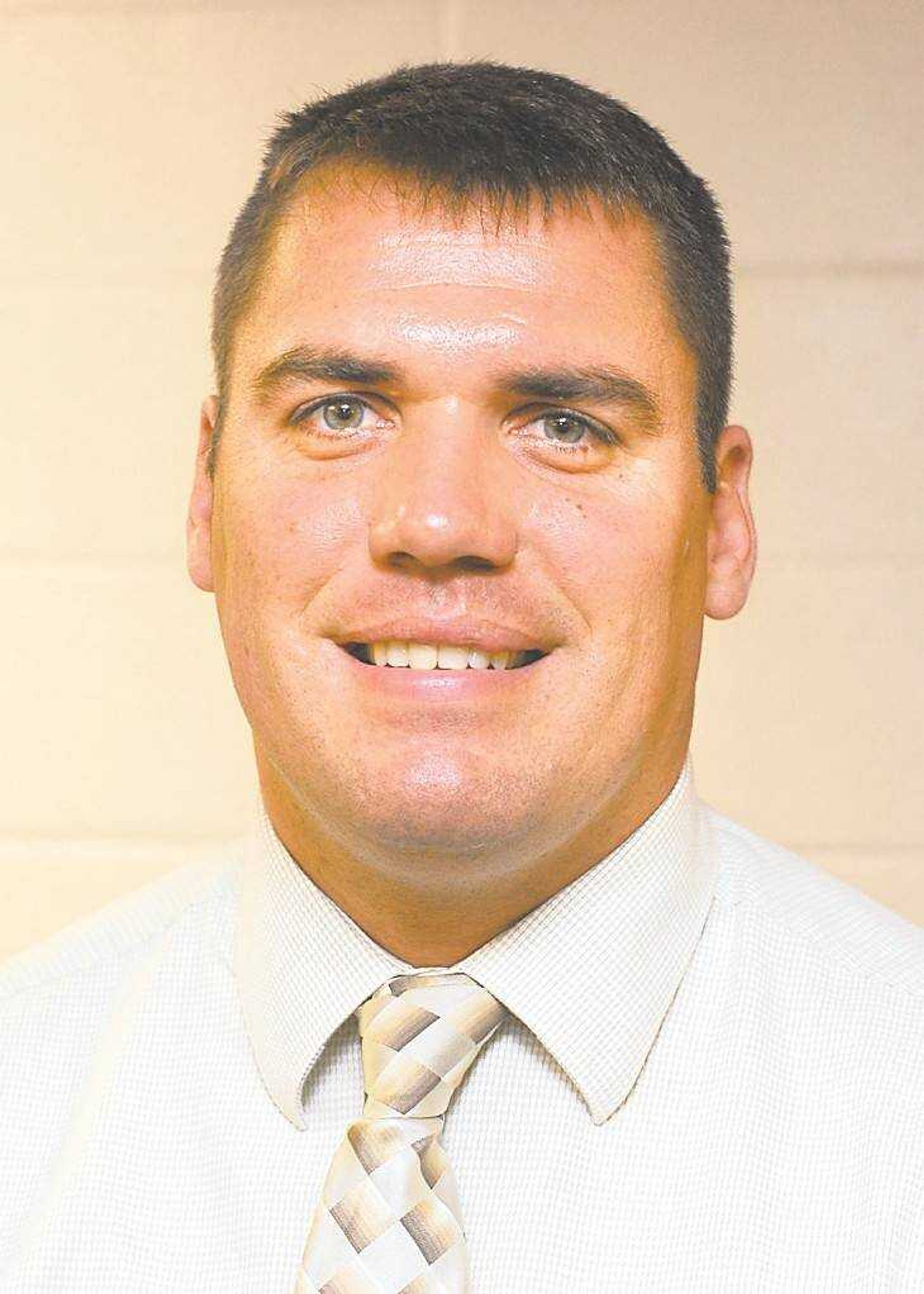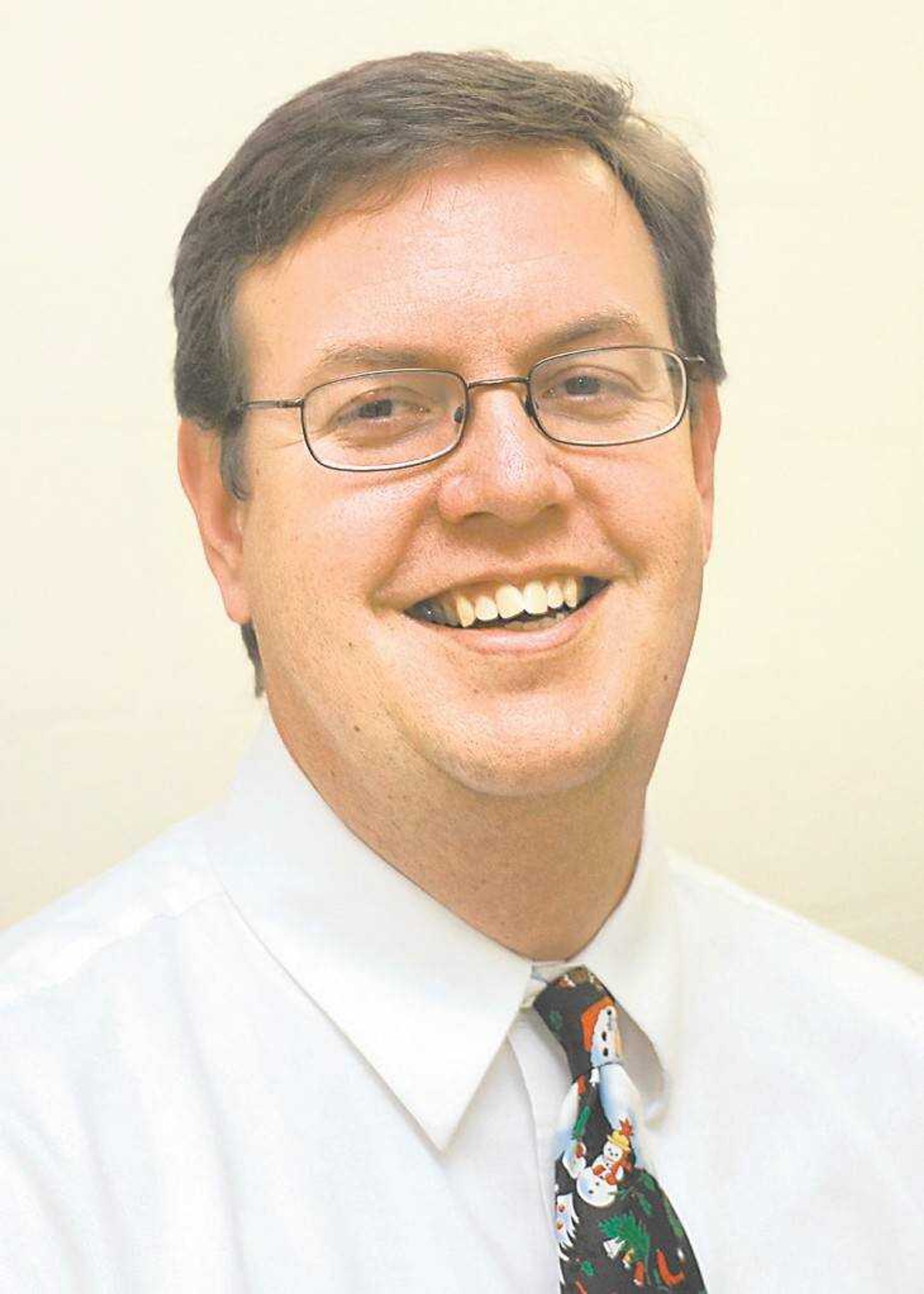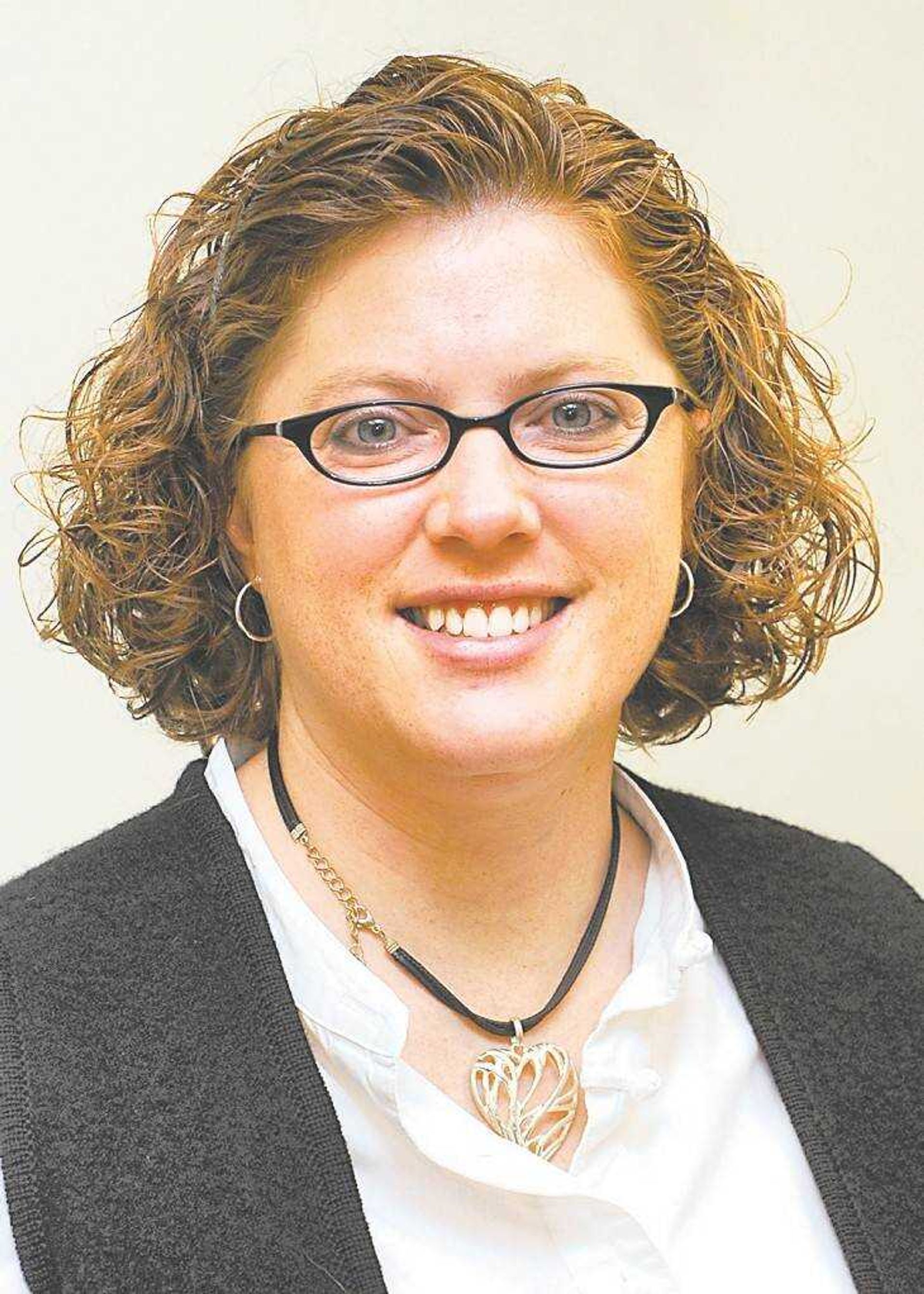Some say No Child Left Behind has gone too far
Attempts to reauthorize No Child Left Behind have come to a near standstill, delayed by fervent opponents seeking a loosening of requirements and supporters trying to salvage the no-excuses backbone. Once championed by President Bush as a bipartisan success, negotiations have stalled to the extent that a bill has not been introduced and hopes are slim the act will be reauthorized this year. If the 2001 law is not rewritten, the current form will remain in effect...
Attempts to reauthorize No Child Left Behind have come to a near standstill, delayed by fervent opponents seeking a loosening of requirements and supporters trying to salvage the no-excuses backbone.
Once championed by President Bush as a bipartisan success, negotiations have stalled to the extent that a bill has not been introduced and hopes are slim the act will be reauthorized this year. If the 2001 law is not rewritten, the current form will remain in effect.
Cape Girardeau principals, teachers and parents are equally divided about NCLB's impact and future. While most agree the act has forced them to focus on achievement, some say the law has gone too far.
"No Child Left Behind has extended far beyond what anyone has anticipated," said Dr. Mike Cowan, principal of Central High School in Cape Girardeau.
Academic impact
Reports on the extent to which NCLB has affected student achievement have been controversial. In Cape Girardeau and Jackson, percentages of students scoring as proficient overall have increased, but it is unclear whether the students are grasping the material better or if teachers are becoming better at teaching to the test.

Statewide, students scoring as proficient on the National Assessment of Educational Progress, known as the nation's report card, have increased more than 10 percent the past decade in math. Scores in reading, however, have remained nearly stagnant.
ACT scores at Jackson High School have remained stagnant as well. In 2002, the first year students were tested under NCLB, students' composite score was 22.5. It decreased slightly in 2006 to 22.3. Students fared slightly better at Central High School, where scores fluctuated from 22.5 in 2002 to 23.5 in 2006.
Many teachers and administrators look at achieving standards as a dire situation, raising stress levels and causing burnout.
"The accountability factor we're under is just enormous. Teachers will talk about 'what's the next step? What can they do to us?" said Roy Merideth, principal of Central Junior High School.
Jefferson Elementary principal Mark Cook said NCLB has "put a spotlight on a lot of schools," and Franklin Elementary principal Rhonda Dunham referred to the act as putting schools "under the gun."
But all three administrators agreed that the act has eliminated excuses, forcing schools to focus on all students.
"Like it or not, it has made us focus on achievement. In that respect, it's good," Cook said.
Besides the overall student population being required to reach proficiency standards, subgroups of students, such as special education, those receiving free or reduced lunches, and blacks must reach the standards as well, giving the law its name.
!["In a district such as ours that has one building, there is no element of parental choice. It is very difficult for smaller districts to make AYP [adequate yearly progress]."
Mary Livingston, principal of Delta Elementary](https://public-assets-prod.pubgen.ai/brand_a7b06a8b-02b9-4920-9426-9b9be1d4e410/asset_38f210bf-8f0f-56eb-ba66-649ceca26029.jpg?w=1920)
"You can't say he's not getting it because he is poor. You can't say he's not getting it because he's a minority. That's the legislation. The reality is that you do have to take into consideration the home life," Merideth said.
The public perception
There is no doubt NCLB has sparked conversation about public education, but it has also generated negative publicity for failing schools, something Cowan said has unfairly eroded public faith in the school system.
"It has done more damage to public education than good," he said.
Schools that miss targets by a few percentage points in one subgroup are marked in the same failing category as a total school population that scored miserably.
This is the case at Central Middle School, where students as a whole met targets but subgroups did not.
Parents are increasingly questioning the amount of time devoted to performing well on a single test, afraid the focus takes away from nontested subjects like social studies.
A June Gallup Poll reported 75 percent of parents felt such an emphasis on testing led teachers to teach to the test as opposed to the content of a class. Fifty-two percent felt there was too much testing.
Researchers have issued conflicting reports on whether NCLB causes teachers to focus on the middle students at the expense of the gifted and the severely low achievers, trying to bump average students into the proficient category.

At Central Middle School, a class has been created for these "bubble students," said principal Mark Kiehne.
"Many schools think you've just got to help the lowest of the low. Sometimes a lot of resources go to that. And now we want to reach those kids, but also those who are in the middle," he said.
Multiple administrators and teachers said they would like to see a growth model for assessing proficiency, where schools would be credited for the strides students make.
"Students learn at different paces, and to expect for them to all be on the same page at the same time is unrealistic. I think what needs to be done is they need to focus on continuous improvement," said South Elementary fourth-grade teacher Tara Zeller.
Changes
Besides transitioning to a growth model, nearly every administrator interviewed said they would like to see special education students treated differently.

Although the students are allowed certain modifications to their tests, principals said they are not enough.
"Our special education students who are cognitively disabled are held to the same standard as gifted students," said Jackson Middle School principal Dr. Rodney Pensel. He compares the testing to "expecting a child who is physically disabled to run laps. In those lenses, we would think it is cruel," he said.
Other administrators say the law does not take rural districts into consideration, where school choice is not an option because of size, and therefore not a threat.
Additionally, many see the expectation that 100 percent of students score as proficient on math and reading tests by 2014 as unrealistic.
But supporters of the law, including Education Secretary Margaret Spellings, say watering down the law defeats its purpose.
lbavolek@semissourian.com
335-6611, extension 123
Connect with the Southeast Missourian Newsroom:
For corrections to this story or other insights for the editor, click here. To submit a letter to the editor, click here. To learn about the Southeast Missourian’s AI Policy, click here.









